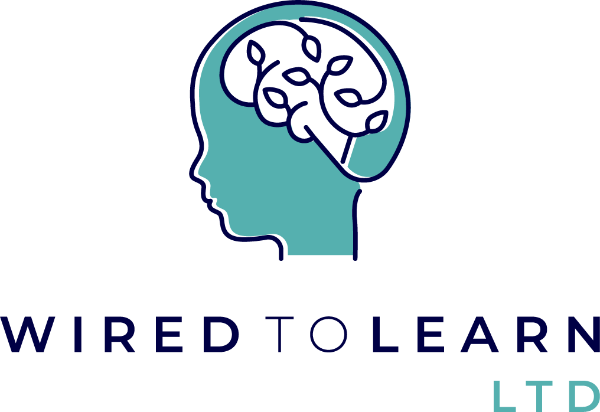Landau Reflex
The landau reflex assists with posture development and technically isn’t a primitive reflex as it isn’t present at birth. It typically emerges around 3 to 4 months of age in infants. The Landau reflex is triggered when the infant is placed in a prone (belly down) position, and the head is lifted. The typical response is extension of the entire body, creating a straight line from head to toe. Its purpose is to prepare the baby for development of controlled movements, balance and coordination. As it integrates it contributes to the ability to control the head and body during various activities.
A retained Landau reflex may lead to coordination difficulties. Children may be unstable and find maintaining an upright posture sitting at a desk difficult. They may have poor core muscle strength which can affect overall stability and balance. Fine and gross motor skill development can be delayed which can impact on meeting milestones throughout childhood. They are often toe walkers.
Children with a retained Landau often have sensory processing difficulties, they may find organisation challenging. They often have trouble maintaining concentration and attention and this can lead to difficulties with learning and school. Poor short term memory can also be linked to a retained Landau reflex.
It’s important to remember that each child’s development is unique, and the retention of reflexes may manifest differently in individuals. If you have concerns about a retained Landau reflex and its impact on your child’s development, please do get in touch and we can chat about how we can help.
